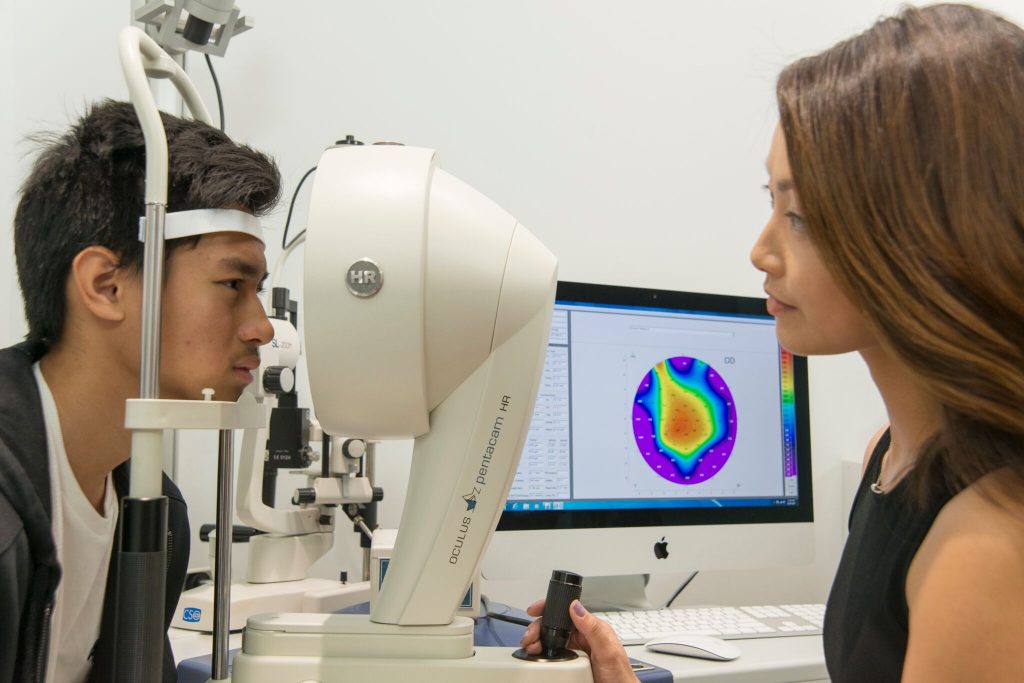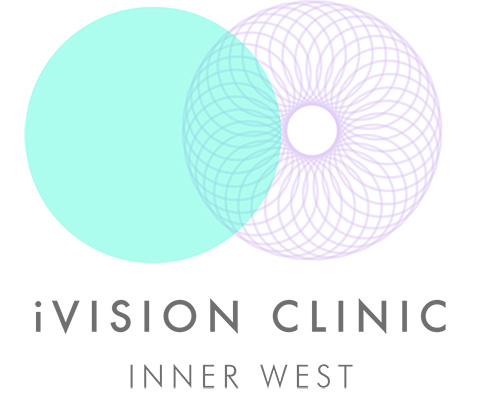
TESS TALKS – Keratoconus
Referring Patients with Keratoconus
Who is at Risk?
Keratoconus is a debilitating corneal condition that has become increasingly common among certain ethnic groups and are affecting patients as young as 6 years old in my practice. Patients at risk include those who rub their eyes, have a known family history, or have an ethnic background from Asia, the Mediterranean, the Middle East or the Pacific Islands.
Early Diagnosis Optimises Visual Outcomes
In Keratoconus, the cornea is characteristically thin, weakened and protrudes forward to cause scarring, irregular astigmatism and poor vision. It is easily confirmed by corneal topography which analyses the vault of the anterior and posterior corneal surface. These comprehensive tests are available at all my clinics (Campsie, Liverpool and Hurstville). Topography should be performed early or if not available, patients should be referred to my clinic as soon as you suspect Keratoconus. The treatment options with the best visual outcomes can be offered to patients only if the central corneal pachymetry is above 400 microns.
Referral reduces the potential to limit treatment options and improve Quality of Life
As the trusted clinician, we have a duty to inform our patients of the risk of losing vision and future job opportunities if patients do not adhere to the treatment plan, whether it be surgery or continued monitoring. In my experience, young Keratoconic patients are prone to the busyness of life, fail to attend their follow-up visits, and only return when there is marked visual deterioration. It is devastating for all concerned, and these patients can only then be offered treatments for more advanced disease which are associated with increased costs and poorer outcomes.
Keratoconus Treatments are now affordable as they all have a Medicare rebate
- Corneal collagen cross-linking – to stop the disease progression and maintain good vision
- Kerarings – to improve the quality of vision especially if greater than 3D of irregular astigmatism
- Corneal transplant – reserved for very advanced disease
For more information call contact us on 02 9789 6994 to speak to one of our friendly staff or to book an appointment for your patient to see Dr Tess Huynh.

Dr Tess Huynh is a Comprehensive Ophthalmology subspecialist with vast experience in the clinical treatment of Keratoconus, Cornea, Cataract and Refractive Surgery, Anterior and Posterior Segment ocular conditions.

Leave a comment